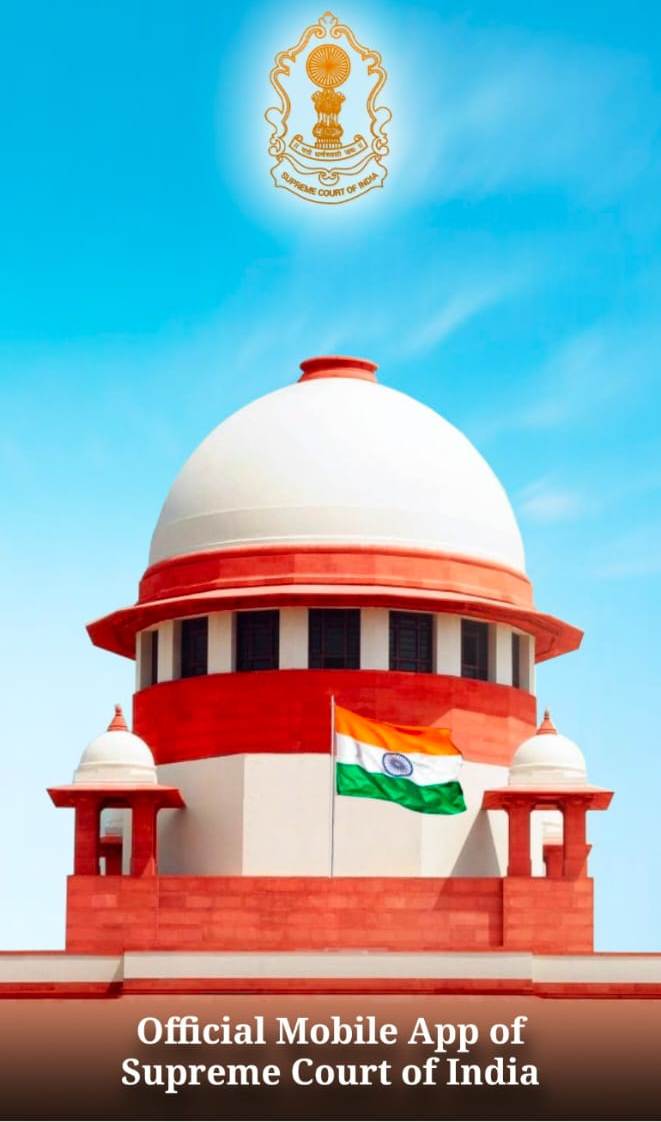The Supreme Court has said that unless there is a cogent evidence led by the accused in defense of his case, the presumption under Section 139 of the Negotiable Instruments Act of 1881 (NI Act) cannot be rebutted
A division bench comprising of Justices BR Gavai and Justice MM Sundresh said that they believe that the standard proof to rebut the presumption under section 139 NI Act is that of preponderance of probabilities.
The Bench said this while hearing an appeal that challenged a decision of the Madras High Court reversing the decision of the Trial Court and convicting the appellant in a cheque bounce case under section 138 of the NI Act.
In the year 1992 and 1995, the wife of the appellant subscribed to two 5-year chit funds with the respondent, along with two blank cheques as security on behalf of his wife for being successful bidder.
In 1997, the bank account on which the said cheques were drawn was closed due to non-operation.
Both the chits got matured in the year 1997 and 1999 buty the appellant was not the successful bidder in either of them.
The appellant requested to the respondent for releasing the subscription amount to the tune of ₹6 lakhs for both the chits, though to no avail.
When the appellant and his wife threatened the respondent with legal action, the respondent immediately presented the cheques for encashment without any information or intimation to the appellant. Both the cheques were returned back to respective respondents with an endorsement stating “ccount closed.
The complaint cases was filed against the respective respondents against the appellant under Section 138 of the NI Act.
The same came to be dismissed by the trial court.The respondents then moved an appeal before the Madras High Court, which allowed the appeal and the appellant was convicted.
While the pendency of the appeal and pursuant to the dismissal of the complaint cases, both the respondents instituted civil suits for recovery of money on the basis of promissory notes alleging that the appellant took on October 20, 2008 and October 25, 2008, ₹3 Lakh each from both of them with a promise to return the same to them with 24 per cent interest.
The respondents said that they had given the said amount from their agricultural income.
They also stated that the appellant had issued both of them cheques of ₹3.5 lakh each towards the discharge of liability, however both of them got dishonored since appellant had closed the account.
Both the civil suits were dismissed by the trial court. Aggrieved, the respondents moved the High Court in appeal, which was decreed in favor of the respondents.
The appellants then moved the present appeal before the apex court.
The Supreme Court found that the accused-appellant had examined the income tax officer who had produced certified copies of the income tax returns of the respondents for the relevant financial year.
The apex court said that the trial court while the dismissing the complaints of the respondents had found that the income tax returns of the complainant did not disclose that they had lent ₹3 lakh to the appellant and that the income declared was not sufficient for the respondents to the give the lent amount to the appellant.


